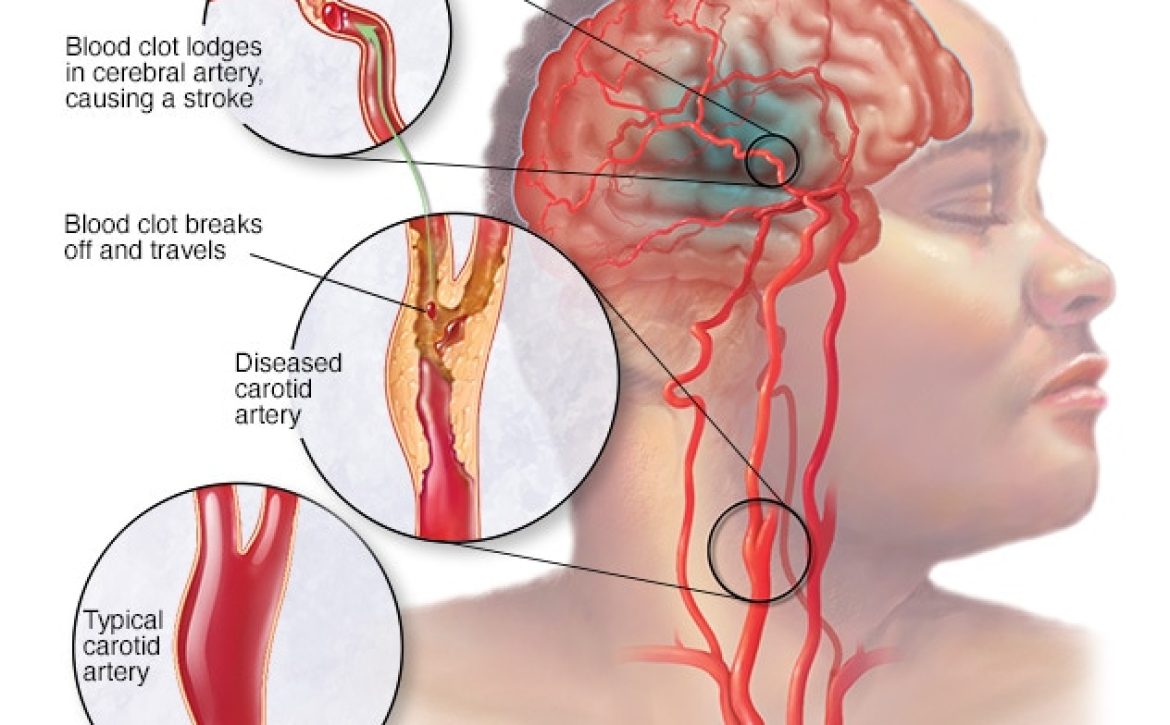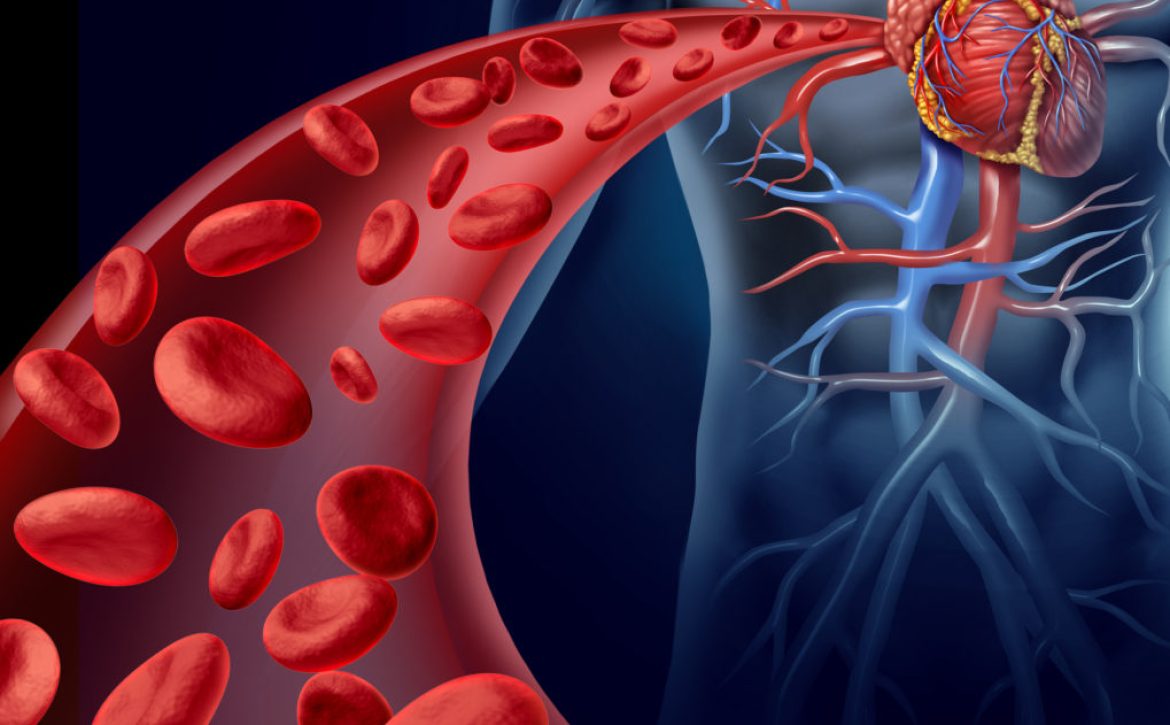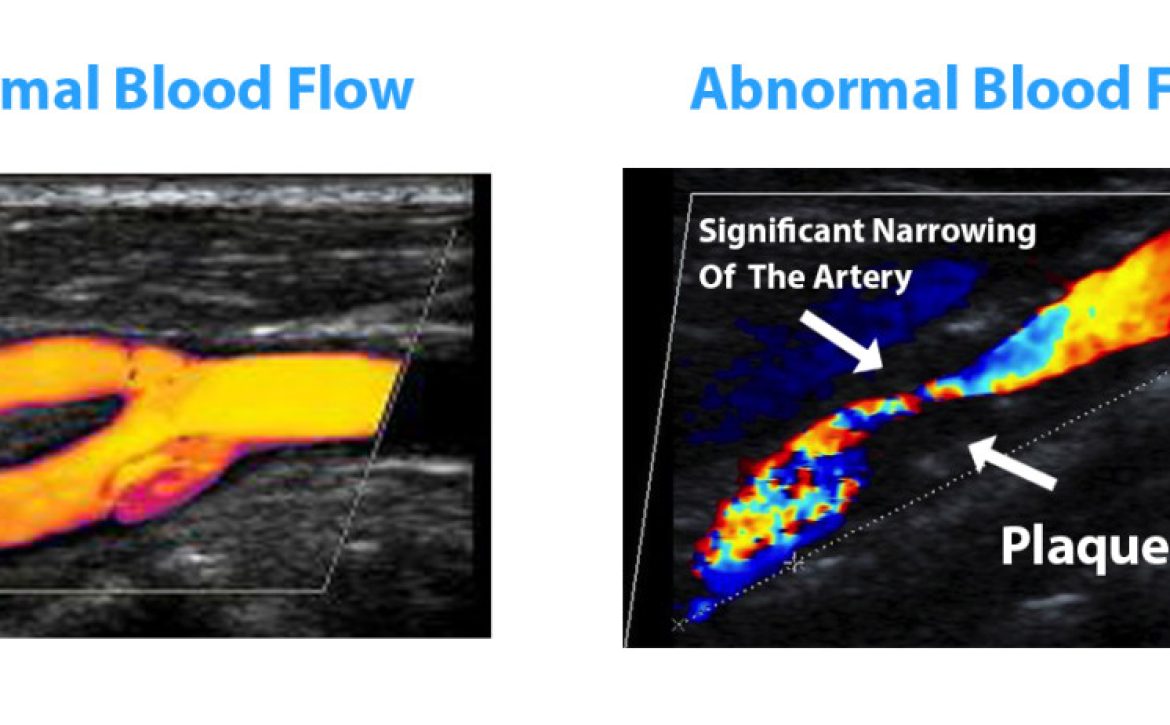The Ultimate Guide to Preparing for a Carotid Doppler Ultrasound
Health guidelines carotid artery
Carotid Doppler test is performed by London Private Ultrasound in their specialist Central London Ultrasound Clinic providing a non-invasive diagnostic procedure used to assess the health of the carotid arteries. These arteries supply blood to the brain, and any abnormalities can increase the risk of stroke and other cardiovascular conditions. In this comprehensive guide, we will walk you through the essential steps to prepare for a carotid Doppler ultrasound. Understanding the preparation requirements will help ensure accurate and reliable test results, enabling healthcare professionals to provide appropriate medical care.
Why is a Carotid Doppler Ultrasound Necessary?
A carotid Doppler ultrasound is crucial for identifying potential blockages, narrowing, or abnormalities in the carotid arteries. By detecting these issues, doctors can assess the risk of stroke or other cardiovascular complications. This painless procedure uses high-frequency sound waves to create detailed images of the carotid arteries, allowing medical professionals to evaluate blood flow and identify any potential problems.
Understanding the Preparatory Steps:
Before undergoing a carotid Doppler ultrasound, there are several essential steps that you should follow:
a. Advising your healthcare provider: Inform your healthcare provider about any medications you are currently taking, previous surgeries or procedures, and any underlying medical conditions. These details will help them evaluate your case more accurately.
b. Overnight fasting: Typically, you will need to fast for at least six hours before the test. This ensures a clear image of the carotid arteries and reduces the chances of interference from food in the digestive system.
c. Avoiding nicotine and caffeine: Both nicotine and caffeine can affect blood flow, potentially leading to inaccurate test results. It is recommended to avoid consuming nicotine or caffeine for at least two hours before the procedure.
The Day of the Procedure:
On the day of the carotid Doppler ultrasound, you should keep the following points in mind:
a. Comfortable clothing: Wear loose-fitting clothes that provide easy access to your neck area. Often, you will be asked to change into a hospital gown, so wearing comfortable attire can make the process more convenient.
b. Skipping skincare products: Avoid using any heavy creams, lotions, or oils on your neck area before the ultrasound. These substances can create a barrier, hindering the effectiveness of the test.
c. Communicating with the technician: Ensure open communication with the ultrasound technician. If you have any concerns, questions, or specific symptoms that you want to discuss, this is the time to share them.
What to Expect During the Carotid Doppler Ultrasound:
Once you are prepared, the carotid Doppler ultrasound will be performed by a trained technician or radiologist.
a. Positioning: You will be asked to lie down on an examination table. The technician will adjust your head and neck position to provide optimal access to the carotid arteries.
b. Ultrasound gel application: A clear gel will be applied to the skin over the carotid arteries. This gel helps transmit the sound waves and allows the technician to get clear images.
c. Ultrasound probe: The technician will use a handheld device called a transducer to glide over the skin in the neck area. This device emits and receives sound waves, creating real-time images of the carotid arteries on a screen.
Assessing your Carotid Health
Undergoing a carotid Doppler ultrasound is a crucial step in assessing the health of your carotid arteries and determining your risk of stroke. By following the preparation steps outlined in this guide, you can ensure accurate test results and pave the way for appropriate medical care. If you have any questions or concerns, consult your GP or contact us for a consultation – either in clinic or remotely via video link. Remember, early detection and proactive management of any carotid artery abnormalities can be life-saving and we encourage you to take steps to achieve the optimal vascular and cardiovascular health through our extensive range of ultrasound services.



